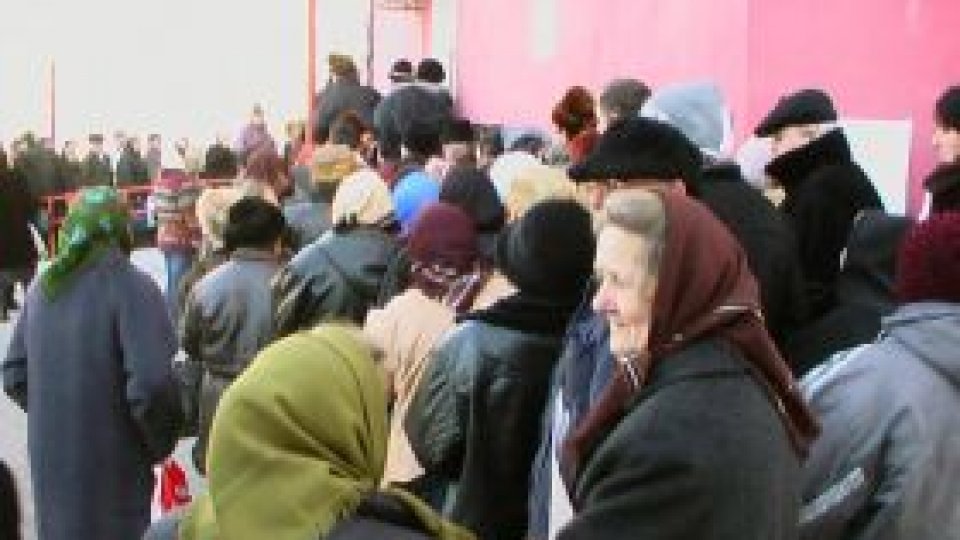Romanians oppose increase in retirement age
According to the Eurobarometer survey, Romania is on the first place in the EU as far as the rejection of an increase in the retirement age is regarded. Only 30 percent would be interested in a partial pension combined with a part-time job.

14 Ianuarie 2012, 10:58
A European survey shows that most Romanians oppose the increase in the retirement age by 2030.
The Eurobarometer survey published on Friday shows that 87 percent of Romanians are against the increase, while 7 percent agree with it.
The countries where the population largely accept the idea of an increase in the retirement age are Denmark and the Netherlands.
The Eurobarometer has analysed the opinions regarding the so-called the active aging.
As for the concerns about the increasing number of old people, this year the European Union is promoting projects to integrate old people in the labour market, and also to provide decent living conditions for them.
According to the Labour Commissioner, László Andor, if now the average age is 40 years in the European Union, in 2060 it will be 47 years and the number of people over 65 will double.
The study shows that over 70 percent of Europeans are aware that the European population is growing old, but only 42 percent are concerned about this process.
Commissioner László Andor remarked major differences of opinion between the member states.
‘In Denmark, Netherlands and Iceland, nine out of ten responders believe that they should able to continue working past the official retirement age, and there is the opposite end: Italians, Greeks, Romanians mostly feel that people should stop working once they reach official retirement age,’ László Ando said.
The data showed on Friday say that the vast majority of Romanians disagree with the increase in the retirement age and that only 30 percent of them unlike 90 percent of the Swedish people, for instance, would be interested in a partial pension combined with a part-time job.
The study has been made on the demand of the European Commission between September and November 2011.
There were interviewed over 30 000 people in the EU member states and some other five countries besides them.
In Romania there were interviewed 1 045 people aged over 15 years.
Translated by: Cătălina Virvescu
MA Student, MTTLC, Bucharest University














